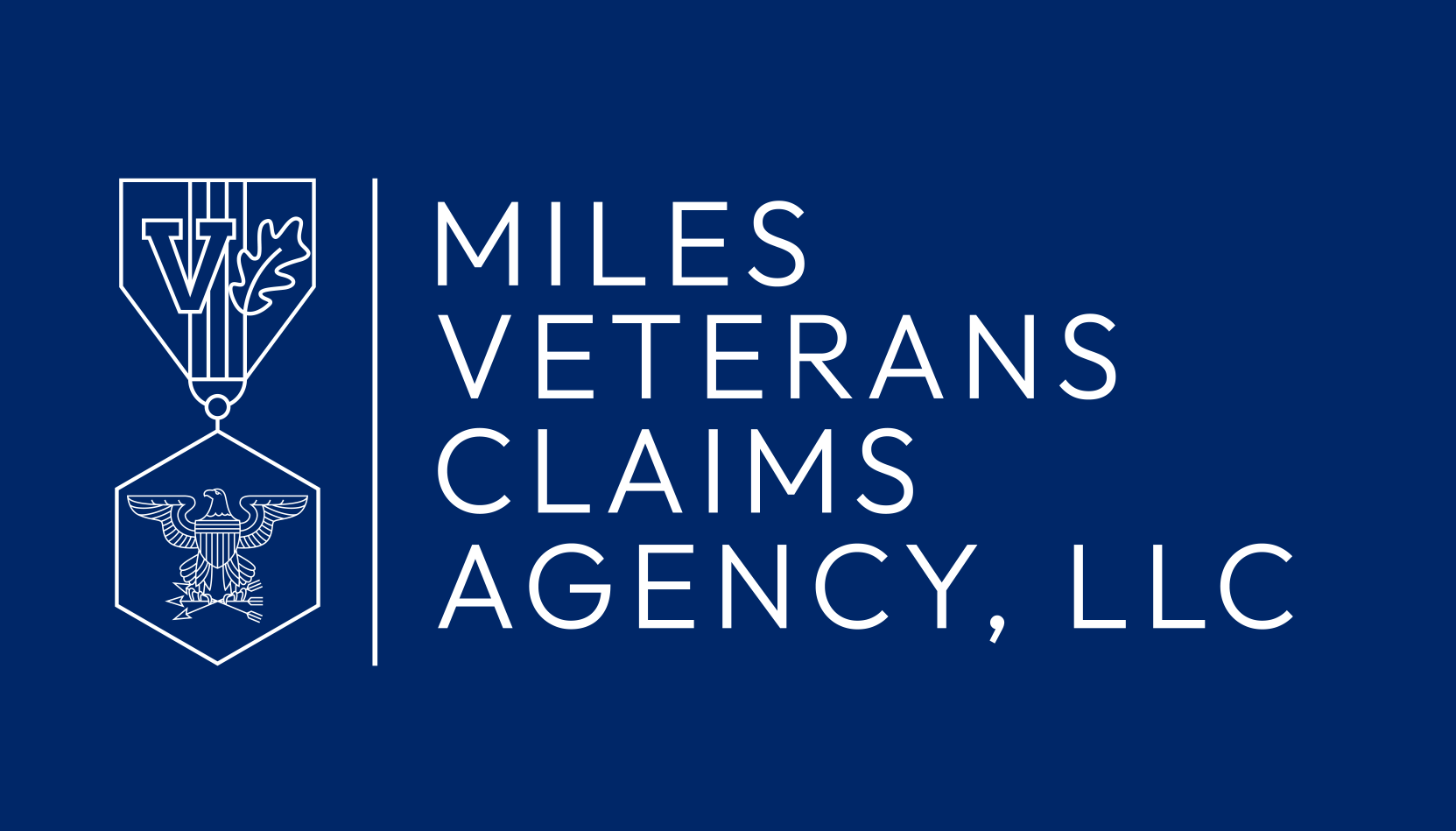When the VA makes a decision on your claim, that decision usually becomes final if you don’t appeal within one year. But prior to the Appeals Modernization Act, there was a big exception. If the VA received new and material medical evidence within one year of the decision, they were required by law to reconsider the claim. This is a powerful rule that can lead to more back pay and an earlier effective date. But it only applies to claims filed before the Appeals Modernization Act. If your claim was filed before February 19, 2019, this rule may apply to you.
Let’s break down what this means and why it matters.
VA Must Reconsider the Claim
Under 38 C.F.R. § 3.156(b), if any new and material evidence is submitted or received by the VA within one year of a decision, the VA must readjudicate the claim. This means they must take another look at the original claim and consider the new evidence. The clock on appealing the decision doesn’t start ticking until the VA actually issues a new decision that considers the new evidence.
This rule applies even if you didn’t formally file an appeal or take any other action — as long as the evidence is received within one year, and the evidence is considered new and material, the VA has a legal obligation to act on it.
Why This Is So Important: The Effective Date
One of the biggest benefits of this rule is that for legacy claims, it can preserve your original effective date, even if you didn’t file an appeal. If the VA eventually grants your claim based on the new evidence submitted within a year, your back pay should go all the way back to the original date of your claim, not the date the new evidence was received or reviewed.
For example, if you filed a claim in January 2013 and were denied in June 2013, but the VA received a new VA exam or MRI in November 2013 showing your condition is service-connected, that’s new and material evidence.
If VA didn’t issue a new decision, then that claim is still open.
What Counts as “New and Material Evidence”?
This can include:
- VA treatment records
- Private medical records
- New VA exams
- Medical opinions
- Any documentation that relates to why the claim was denied
The evidence must be new (not already part of the record) and material (meaning that it has a direct bearing on the decision, or tends to prove or disprove the claim). This is a higher standard than the current post-AMA new and relevant standard. It can’t just be new records — it has to be records that would tend to prove or disptove the claim.
Constructive Possession of VA Medical Records
Even if a veteran doesn’t personally submit new evidence within a year, the VA may still be responsible for reviewing evidence already in its possession, including records from VA medical facilities. This is known as constructive possession. If relevant VA records exist and are reasonably related to the claim, the VA is considered to have them—even if they weren’t physically in the claims file. The Court of Appeals for Veterans Claims confirmed this in Bell v. Derwinski, 2 Vet. App. 611, 613 (1992), stating that VA-generated documents “are considered constructively part of the record in proceedings before the Board.” That means if the VA had new and material medical records in its own system within one year of a decision, they were required to consider them under 38 C.F.R. § 3.156(b), even if the veteran didn’t submit them directly.
Common VA Mistakes
The VA often gets this wrong. If you file a supplemental claim today and it is granted, VA isn’t going to go back to your original claim to determine if they should have readjudicated the earlier denial. Instead, they’ll set an effective date based on the current supplemental claim filing date.
If that happens, you can push back. You or your representative can file a Higher-Level Review or appeal, pointing to 38 C.F.R. § 3.156(b) and demanding that the VA apply it correctly. In some cases, if the VA finalized a decision when they weren’t allowed to, you might even have grounds for a Clear and Unmistakable Error (CUE) claim.
Important Limitation: This Rule Does Not Apply to AMA Claims
The Appeals Modernization Act (AMA) created a new framework for handling claims and appeals, effective February 19, 2019. Under AMA, submitting new evidence within one year of a decision does not trigger mandatory readjudication like it did under the legacy system. Instead, veterans must choose one of three lanes:
- File a Supplemental Claim with new and relevant evidence
- Request a Higher-Level Review
- File a Board Appeal
So if your claim was initially filed after February 19, 2019, the rule under 38 C.F.R. § 3.156(b) does not apply, and you must actively select a review option to preserve your appeal rights and effective date.
Final Thoughts
If the VA received new medical evidence within one year of denying your legacy claim, they were required to act on it. This rule can make a huge difference in how much you’re owed. Veterans and their advocates should be on the lookout for this situation — and be ready to fight for the correct effective date if the VA doesn’t follow the rules.
Don’t assume a denial is the end of the road. If you think you may have this situation, please reach out.

